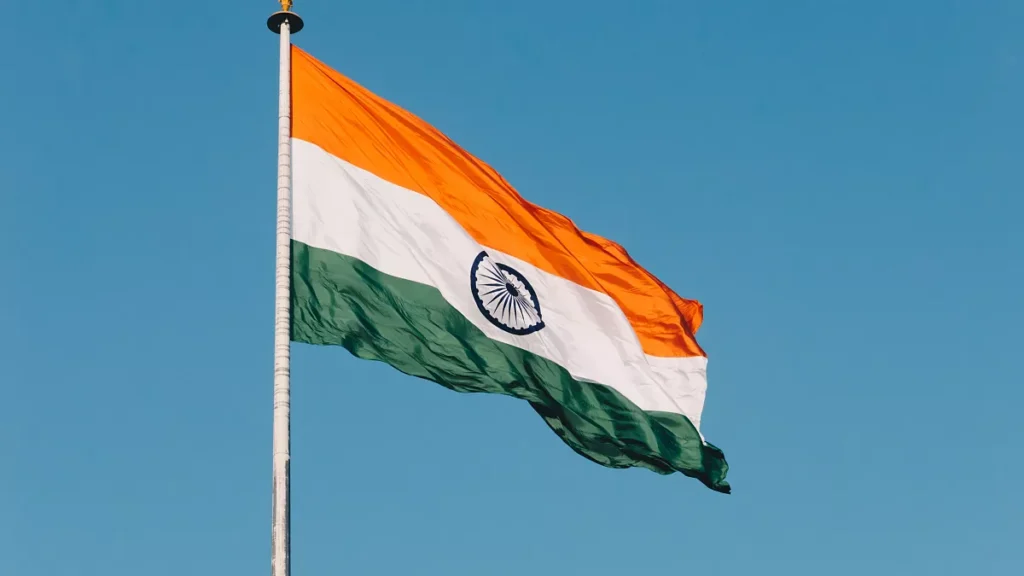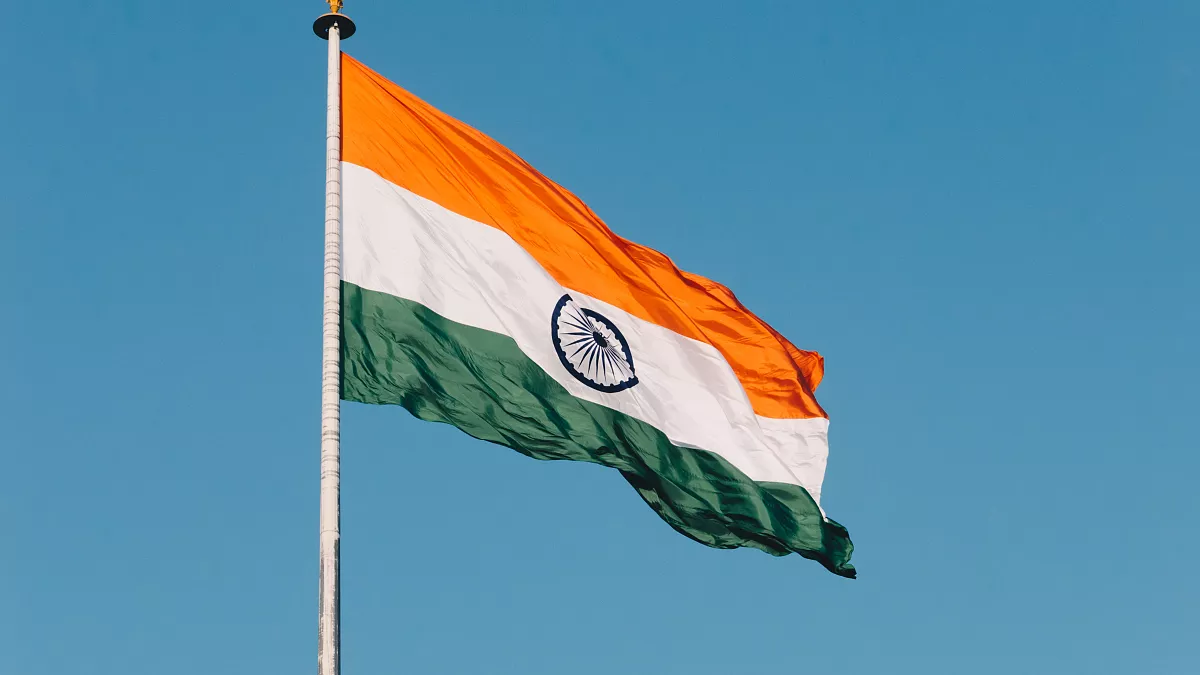Jawaharlal Nehru served as the first Prime Minister of India, holding office from August 15, 1947, to May 27, 1964. Nehru’s tenure as Prime Minister was marked by his visionary leadership, commitment to democracy, and efforts to shape India’s destiny as a newly independent nation. Here’s an exploration of Nehru’s life, contributions, and significance as India’s first Prime Minister:
Early Life and Background:
Jawaharlal Nehru was born on November 14, 1889, into a prominent family of Kashmiri Brahmins in Allahabad, British India. His father, Motilal Nehru, was a leading lawyer and nationalist leader, while his mother, Swaruprani Thussu, came from a wealthy Kashmiri family. Nehru received his education in India and abroad, graduating from Trinity College, Cambridge, and studying law at the Inner Temple in London.

Role in the Independence Movement:
Inspired by the ideals of nationalism, socialism, and secularism, Nehru joined the Indian National Congress (INC) and became an ardent disciple of Mahatma Gandhi. He played a pivotal role in the struggle for India’s independence from British colonial rule, participating in various civil disobedience campaigns, protests, and nonviolent movements. Nehru’s eloquence, intellect, and commitment to social justice made him a prominent leader within the INC and earned him the title of “Pandit” (scholar).
Contribution to Nation-Building:
As India’s first Prime Minister, Nehru played a central role in laying the foundations of modern India and shaping its political, economic, and social landscape. He envisioned India as a secular, democratic, and socialist republic, committed to equality, justice, and social welfare. Nehru’s leadership was characterized by his emphasis on nation-building, industrialization, and scientific advancement, guided by the principles of democratic socialism and nonalignment in foreign policy.
Architect of India’s Democracy:
Nehru played a crucial role in drafting the Indian Constitution, which enshrines the values of democracy, liberty, and equality. As Prime Minister, he worked tirelessly to consolidate India’s democratic institutions, including the Parliament, judiciary, and electoral system, ensuring that the country remained a vibrant and pluralistic democracy. Nehru’s commitment to secularism, pluralism, and inclusive governance laid the foundation for India’s democratic tradition and respect for diversity.
Economic Policies and Development Initiatives:
Nehru’s economic policies were guided by the vision of socialist development and self-reliance, with an emphasis on state-led planning, industrialization, and agrarian reform. He introduced the concept of Five-Year Plans to promote economic growth, reduce poverty, and address social inequalities. Nehru’s government invested in key sectors such as agriculture, industry, education, and healthcare, laying the groundwork for India’s economic development and industrialization.
Foreign Policy and Nonalignment:
Nehru pursued a policy of nonalignment in foreign affairs, seeking to maintain India’s independence and autonomy in the global arena. He played a leading role in the Non-Aligned Movement (NAM), advocating for peace, disarmament, and decolonization during the Cold War era. Nehru’s commitment to nonalignment, internationalism, and peaceful coexistence earned India respect and recognition as a voice of the developing world on the global stage.
Legacy and Influence:
Jawaharlal Nehru’s legacy as India’s first Prime Minister is profound and enduring, shaping the nation’s identity, values, and institutions. He is widely revered as the architect of modern India, credited with laying the foundations of democracy, secularism, and social justice in the country. Nehru’s vision of a pluralistic, inclusive, and progressive India continues to inspire generations of Indians and serves as a guiding light for the nation’s journey towards development and prosperity.
Challenges and Criticisms:
Despite his achievements, Nehru faced criticism for some of his policies, including his approach to Kashmir, China, and economic planning. The Kashmir issue, in particular, remains a contentious legacy of Nehru’s leadership, with ongoing conflicts and tensions in the region. Additionally, Nehru’s economic policies have been debated for their efficacy in achieving sustainable growth and development, with critics arguing for greater emphasis on market-oriented reforms and private enterprise.
In conclusion, Jawaharlal Nehru’s tenure as India’s first Prime Minister was marked by his visionary leadership, commitment to democracy, and efforts to build a modern, progressive nation. His contributions to nation-building, democracy, economic development, and foreign policy continue to shape India’s identity and aspirations as a democratic, secular, and pluralistic republic. Nehru’s legacy remains a source of inspiration and debate, reflecting the complexities and challenges of India’s journey as a nation.
